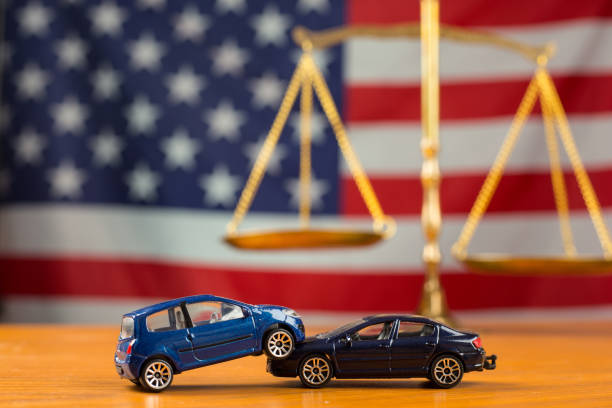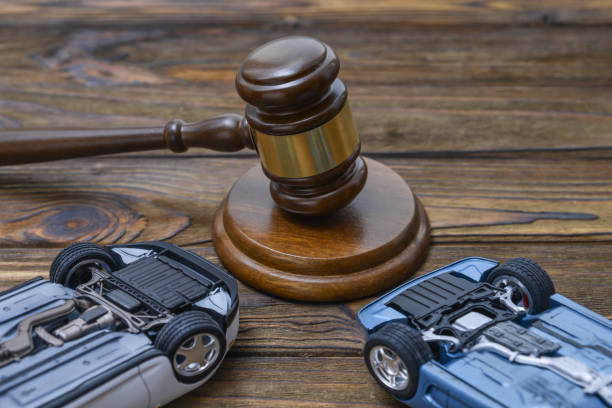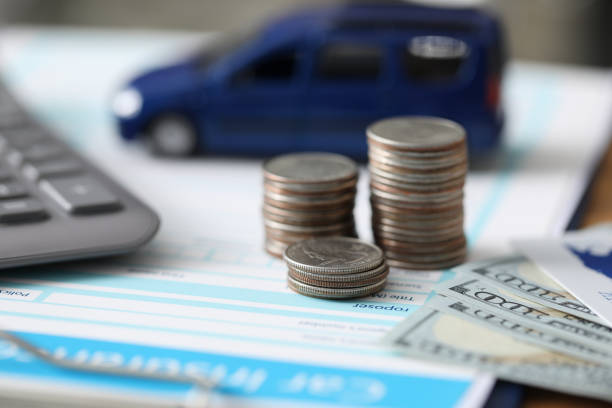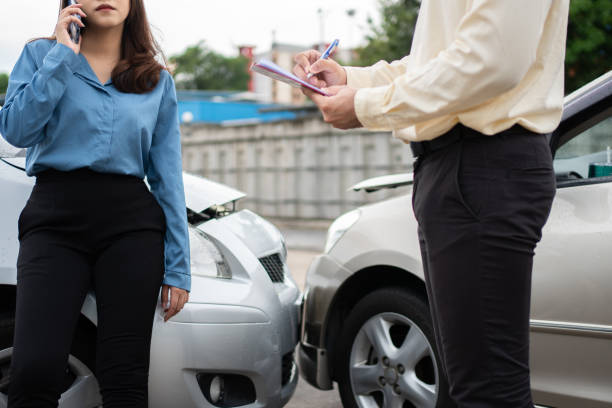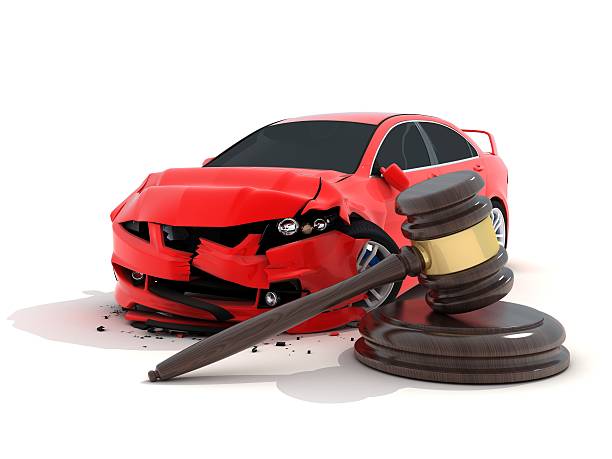
Technology revolutionize practically every area of our lives in recent years, and the legal environment is no exception. Car accident claims are one sector that is undergoing major change. The process of submitting and settling vehicle accident claims is continuously developing due to improvements in numerous technology.
Telematics and Black Box Data
Telematics has become a disruptive force in the field of car accident claims when combine with black box data. Automobiles’ real-time data, which may include information on speed, and acceleration are collected using telematics technology. This wealth of data may be retrieve and studied in the case of an accident to provide crucial insights into the circumstances leading up to the collision.

Artificial Intelligence and Claims Processing
The management of car accident claims has reached new heights in terms of effectiveness and accuracy thanks to artificial intelligence (AI). Massive amounts of data, including police reports, medical records, insurance policies, and information from previous claims, may be instantly analyze by AI-powered algorithms. This enables legal professionals and insurance companies to expedite the claims process while ensuring an accurate assessment of losses and payments. AI can help in spotting patterns and trends, enabling a more precise evaluation of the seriousness of injuries and proper compensation for pain and suffering.
Virtual Reality Reconstruction
Virtual Reality (VR) technology is transforming how vehicle accident scenes are rebuilt and present in court. Accident investigators and legal experts can use sophisticated VR software to reconstruct the chain of events leading up to the incident in a very realistic and interactive manner. This graphic portrayal of the accident site enables judges, jurors, and other parties concerned to acquire a better understanding of the occurrence and the factors that contributed to it.
VR reconstruction aids in the clarification of culpability and the demonstration of the level of damage to both physical property and persons involved in the accident. As a result, the likelihood of achieving a fair and informed settlement increases dramatically.
Dashcams and Video Evidence
The introduction of dashcams and the widespread use of smartphones have given automobile accident claims a crucial new tool in the form of video evidence. Dashcams, which are cameras mount on cars, capture accidents in real-time and provide a first-person account of what transpired just before the collision. Similarly, onlookers or witnesses may use their cell phones to record the incident’s aftermath and offer other perspectives. When testimony diverges or there are no reliable eyewitnesses, this video evidence may prove to be very helpful in determining responsibility and guilt.
Blockchain and Smart Contracts
Blockchain technology, known for its decentralize and secure nature, is revolutionizing the way automobile accident claims are processed via the use of smart contracts. Smart contracts are self-executing contracts that carry out their obligations when specific conditions are met. In the context of auto accident claims, smart contracts may automate several steps in the claims process, including determining policy coverage, assigning guilt, and calculating compensation based on predetermined guidelines. The adoption of blockchain reduces the likelihood of disputes and fraudulent activities by giving access to an immutable and transparent record of the transaction to all parties involved in the claims process.
Telemedicine in Personal Injury Assessments

Telemedicine has emerge as a game-changing technique in the assessment of personal injuries following vehicle accidents. Claimants may now engage with medical specialists remotely via video conversations and virtual consultations thanks to telemedicine. This technology has transform the claims process by allowing for rapid and efficient injury evaluations without the need for physical visits to healthcare institutions. Remote evaluations not only alleviate the burden on claimants, particularly those in outlying places but also speed up the review process, allowing for a speedier determination of the level of losses and suitable compensation.
Usage-Based Insurance and Data Privacy
Usage-Based Insurance (UBI) programs are transforming the automobile insurance business by adapting rates to individual driving habits. Through telematics devices or smartphone applications, insurance firms gather data on numerous driving variables such as speed, distance travel, braking tendencies, and time of day with UBI. While this technology has the potential to help drivers by promoting safe driving and making insurance rates more reasonable for careful drivers, it also raises data privacy issues.
Mobile Apps for Claims Reporting
The procedure of making automobile accident claims has been significantly simplify by the development of mobile applications. Mobile applications for claims reporting increase efficiency by doing away with time-consuming paperwork. That enables quick communication between claimants and insurers. With the use of this technology, insurers may swiftly review. The material given and carry out the necessary investigations, hasten the claims procedure. Real-time information on claim progress may be provides through mobile apps. By keeping claimants updated throughout the settlement procedure.
Autonomous Vehicles and Liability
Self-driving car technology raise fresh questions about who is to blame for traffic accidents. Traditional ideas of blame may shift from human drivers to manufacturers, and software developers. Third-party service providers as self-driving cars become more prevalent on the road. It may be challenging to assign culpability in accidents involving self-driving cars since it necessitates a close investigation of the car’s technology, human contact, and compliance with safety regulations. Legal frameworks must change to reflect the evolving circumstances to equitably resolve liability problems and provide a clear path to settlement.
Cybersecurity and Fraud Prevention
The possibility of cybersecurity breaches and fraudulent activities is growing as technology plays an increasingly significant role in the processing of car accident claims. Insurance companies and legal professionals must be proactive in adopting appropriate cybersecurity safeguards to safeguard sensitive data and prevent unauthorized access. Data breaches may lead to stolen identities, false claims, and compromised personal information. Investment in cybersecurity infrastructure, frequent security audits, and staff training on best practices are essential for maintaining data security.



